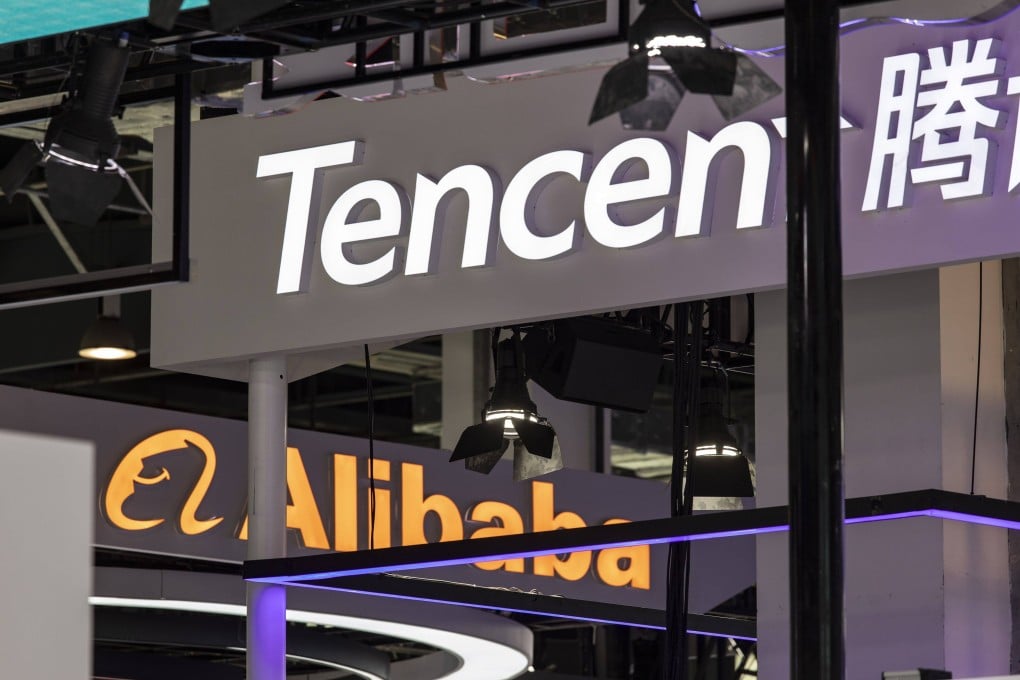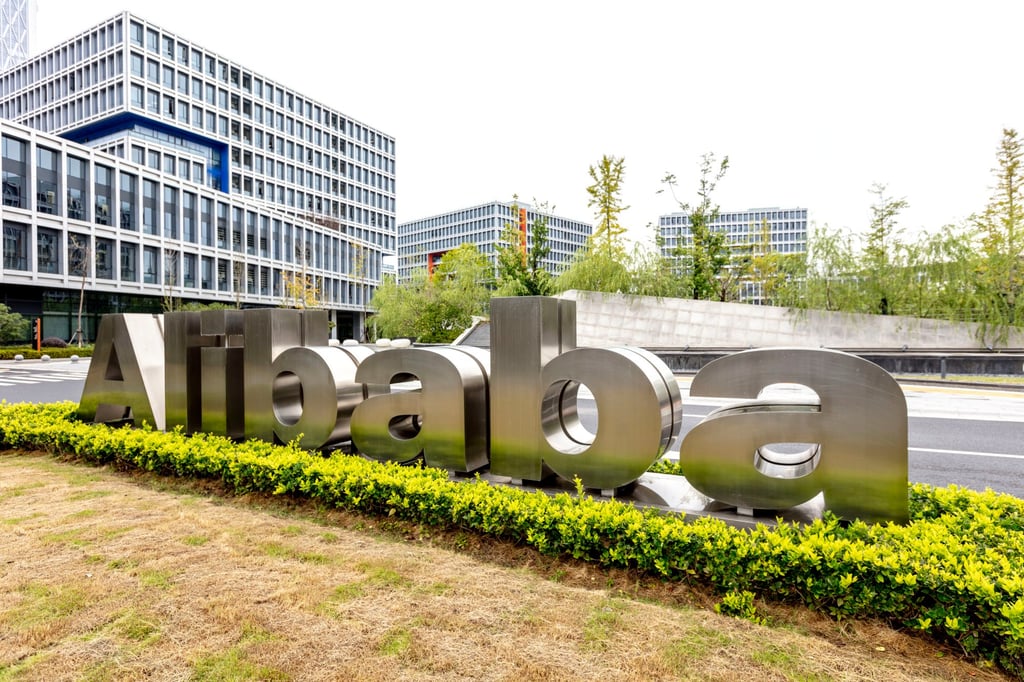Alibaba, Tencent break more digital barriers between WeChat and Taobao-Tmall as economic uncertainty in China mounts
- Users who click on some advertisements placed on Tencent’s WeChat Channels will be directly taken to Alibaba’s Taobao and Tmall, the companies say
- The two Chinese tech giants have tightened their partnership amid an economic slowdown and rising competition from rivals like Douyin

The two tech giants announced on Monday that “high-quality” advertisements placed on WeChat Channels, a short-video sharing platform, through Alimama Uni Desk, an Alibaba-affiliated digital marketing platform, can be connected to shops and live-streaming rooms on Taobao and Tmall.
WeChat Moments, a blogging feature, and mini-programs on the social media app already support advertisements linking to Alibaba online shopping sites. Tencent Video, a streaming platform, has allowed direct links to Taobao since 2021.
Alibaba, owner of the South China Morning Post, and Tencent would also collaborate in the upcoming Singles’ Day shopping festival, the largest annual online retail event in China, by investing millions of yuan in subsidies and boosting traffic together, Alimama said in a statement.
